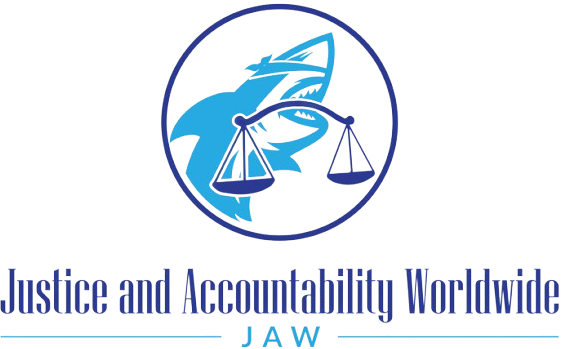Trafficking in Persons
- Home
- Trafficking in Persons
Trafficking in Persons
Trafficking in persons involves recruiting, transporting, transferring, harboring, or receiving individuals through force, coercion, fraud, or deception, for the purpose of exploitation. International law forbids practices related to trafficking in persons. Debt bondage, slavery, servitude, child sexual exploitation, forced marriage, and enforced prostitution are crimes prohibited under international law. Despite the existence of a robust international legal framework, millions of girls, boys, women, and men are still trafficked each year.
Under this project, JAW seeks to foster strategic partnership with governmental authorities, civil society, and UN bodies to:
Strengthen the protection and assistance of trafficked victims, while also aiming to reduce the impunity gap for traffickers.
Enhance the capabilities of governmental authorities and civil society to identify and tackle illicit financial flows associated with human trafficking.
Enhance the skills and expertise of law enforcement officials in combating human trafficking, while improving the quality of assistance and protection services for victims, with particular emphasis on women and children.
Assist states in the development of sustainable and effective policies and legislative frameworks that align with international standards for the criminalization and punishment for acts of trafficking and redress for victims.
